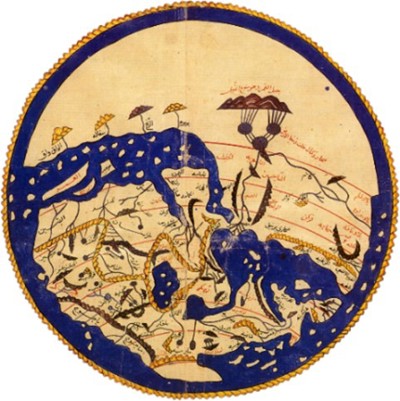
Method of peer review
at least two single-blind reviews undertaken by a specialist member of the Board and/or external specialists
Keywords
600-1850, Islamic World, Archaeology, Islam, Cultural practices, Sacred spaces, Religious practices, Material Culture, Epigraphy, Landscape Archaeology, Urban Archaeology, Ceramics
Accepts Contributions in Open Access
This series provides a unique forum for the study of the archaeology and material culture of the Islamic World, tracing the impact and influence of Islam and Islamic rule on societies and cultures from its earliest beginnings in Arabia, through to its establishment and expansion in the medieval period and its co-existence with neighbouring communities. Covering a geographical area that stretches from Iberia and North Africa, via Eastern Europe and the traditional Islamic heartlands of the Middle East into central Asia, the series seeks to cross traditional geographical and political divides in research, and instead cast the focus on the people who lived and worshipped in these lands, and the cultural and material markers that identified them. Studies in the Archaeology of the Islamic World encourages the submission of monographs and edited collections from across a broad range of archaeological disciplines, including landscape studies, urban studies, archaeological science, ceramics and material culture studies, epigraphy, ethnography, and multidisciplinary studies that nonetheless have a strong archaeological component.
-
EDITORIAL BOARD
General Editor
Corisande Fenwick, UCL
Editorial Board
Rachel Ama Asaa Engmann, Africa Institute, UAE, & Christiansborg Archaeological Heritage Project, Ghana
Alison Gascoigne, University of Southampton
Hugh Kennedy, SOAS University of London
Helena Kirchner, Universitat Autònoma de Barcelona
Scott Redford, SOAS University of London
Martina Rugiadi, The Metropolitan Museum of Art, USA
Cristina Tonghini, Università Ca' Foscari, Venezia
Paul Wordsworth, UCL, London
-
AUTHOR INFORMATION
Main Language: English
Additional Language: French
Peer review: double-blind undertaken by a specialist member of the Board or an external specialist
All volumes in this series are evaluated by an Editorial Board, strictly on academic grounds, based on reports prepared by referees who have been commissioned by virtue of their specialism in the appropriate field. The Board ensures that the screening is done independently and without conflicts of interest. The definitive texts supplied by authors are also subject to review by the Board before being approved for publication.
Author guidelines in English can be found at: https://www.brepols.net/permalink/stylesheet-author